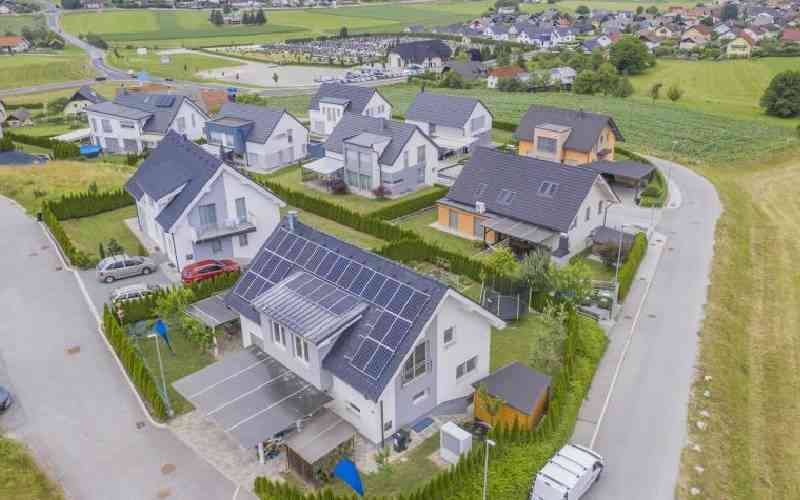×
The Standard e-Paper
Smart Minds Choose Us

Kenya and indeed Africa as a whole have long been challenged by the issues of energy, water, and food security.
These challenges have persisted for many years, and they continue to hold back the development of the continent. However, there is a solution that can help Africa overcome these challenges, and that solution is to turn to the sun.